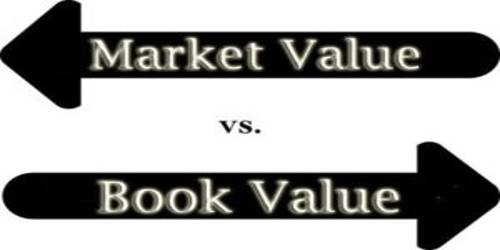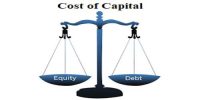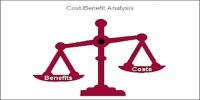Book value is the price paid for a particular asset. This price never changes so long as you own the asset. On the other hand, market value is the current price at which you can sell an asset.
For example, if you bought a house 10 years ago for $300,000, its book value for your entire period of ownership will remain $300,000. If you can sell the house today for $500,000, this would be the market value. Book values are useful to help track profits and losses. If you have owned an investment for a long period of time, the difference between hook and market values indicates the profit (or loss) incurred. When the book value is greater than the market value there is profit, but if the book value is less than the market value there is a loss.
Book Value – It means the value recorded in the books of the firm for any asset.
- The book value of an asset is its original purchase cost, adjusted for any subsequent changes, such as for impairment or depreciation.
- The book value of a stock is theoretically the amount of money that would be paid to shareholders if the company was liquidated and paid off all of its liabilities.
- The book value of an asset is strictly based on the balance sheet or “Books” of the company. Book value is calculated by taking the difference between assets and liabilities on the balance sheet.
Market Value – It is that the maximum price at which an asset or security can be sold in the market.
- Market value is the price that could be obtained by selling an asset on a competitive, open market.
- The market value of a company is calculated by multiplying the current stock price by the number of outstanding shares that are trading in the market.
- The market value of an asset is assigned by the investors on that particular date i.e. based on the current price of that asset traded in the financial markets.















